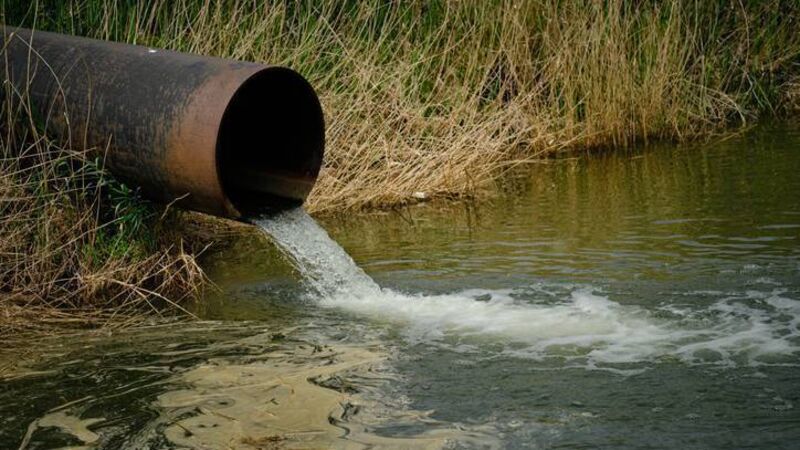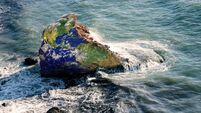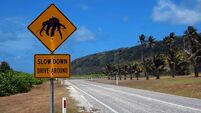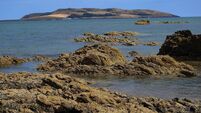Donal Hickey: Solution needed to combat worrying trend of river pollution

Donal Hickey: "Our waterways have been treated scandalously — little better than sewers in many cases. Industries were often located near rivers; while raw sewage continues to flow into some rivers in 2025. Getting people to respect waterways continues to be a challenge."
The prolonged dry spell has underlined the already perilous state of our many rivers and lakes which have been left with very low water levels.
Risks of even more pollution have arisen because of the reduced capacity to dilute nutrients and chemicals entering water, also making it more dangerous for humans in contact with bathing water, or drinking water. Pollution, and a drop in oxygen levels, can also cause fish kills.








![<p> The International Union for the Conservation of Nature says that “an ecosystem is collapsed when it is virtually certain that its defining biotic [living] or abiotic [non-living] features are lost from all occurrences, and the characteristic native biota are no longer sustained”.</p> <p> The International Union for the Conservation of Nature says that “an ecosystem is collapsed when it is virtually certain that its defining biotic [living] or abiotic [non-living] features are lost from all occurrences, and the characteristic native biota are no longer sustained”.</p>](/cms_media/module_img/9930/4965053_12_augmentedSearch_iStock-1405109268.jpg)